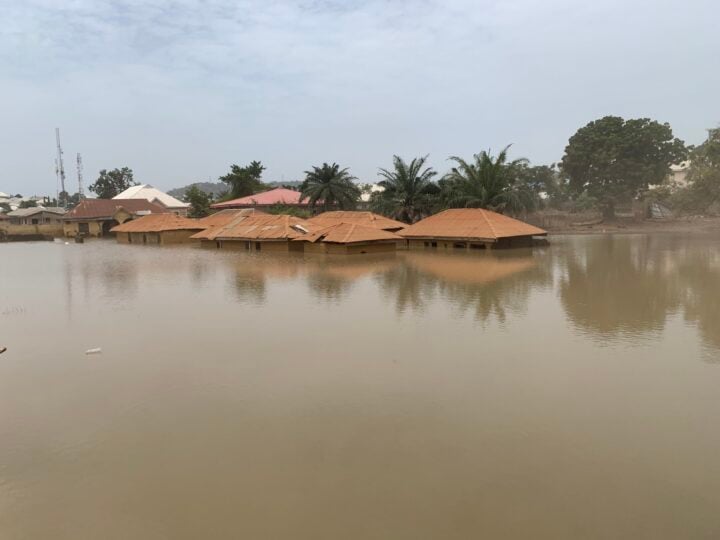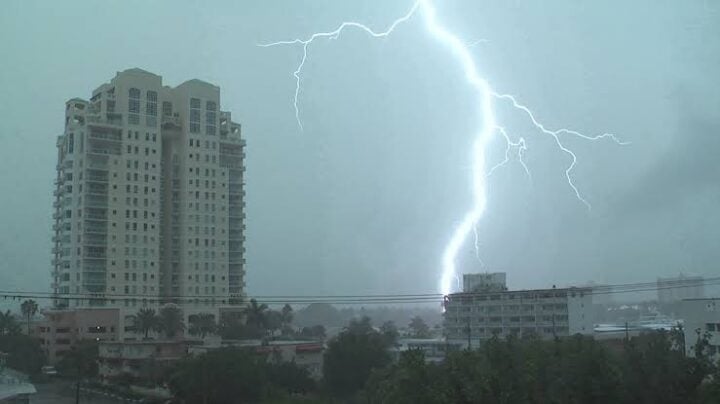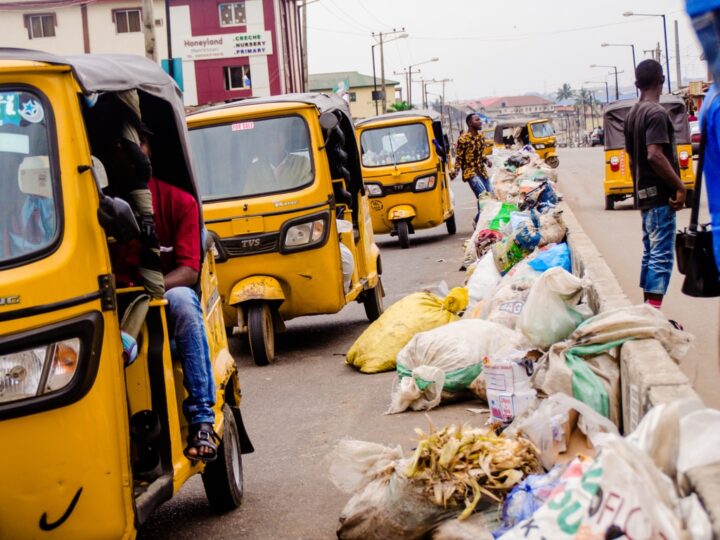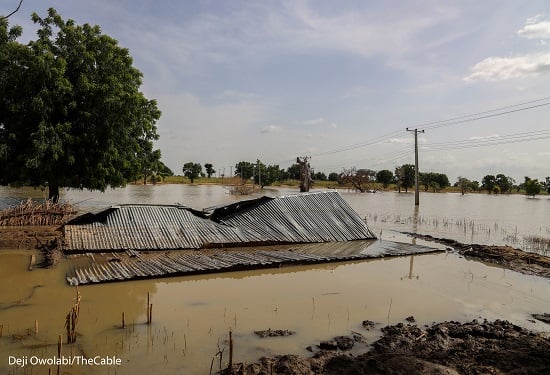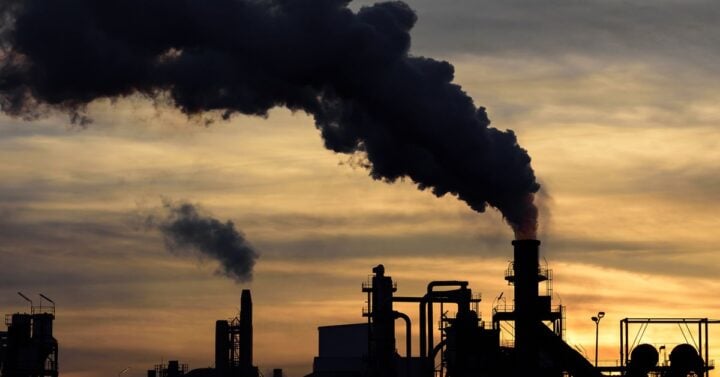Amina’s house completely submerged in flood water
Simon Stiell, executive secretary of the United Nations Framework Convention on Climate Change (UNFCCC), says loss and damage funding is a lifeline for billions of people in developing countries.
Stiell spoke at the opening of the 2nd Glasgow dialogue on loss and damage at the ongoing Bonn climate change conference on Thursday.
The Glasgow dialogue was established to discuss the arrangements for the funding of activities to avert, minimise and address loss and damage associated with the adverse impacts of climate change.
The executive secretary said global emissions continue to rise and the existing funding for developing countries is insufficient, adding that almost four million people are at risk of the climate crisis.
Advertisement
Stiell urged parties to look at innovative ways to cover funding gaps, as well as create additional resources that are adequate to help vulnerable communities to build resilience and minimise loss.
“This year will be decisive for climate action. We will define the global goal of adaptation. We will set up the loss and damage fund and funding arrangements. And more,” he said.
“We must succeed in these tasks because the climate is not waiting for us. We are not on track with emissions to limit warming to 1.5 degrees Celsius. Warming is already more than 1.1 degrees celsius and emissions continue to rise.
Advertisement
“No matter what we do, we will have to contend with a warmer planet; we are already facing serious impacts. Floods are washing away entire villages, wildfires are devastating communities, and droughts are fueling famines in some of the world’s most vulnerable nations.
“According to the IPCC, about 3-and-a-half billion people live in contexts that are highly vulnerable to climate change. The response to the global stocktake must be accelerated, ambitious action. The coming months will determine the success of COP28 and our fight to stabilize the climate.
“Adaptation to build resilience, reduce climate risk and minimize loss is essential since the effects of climate change are already here and will multiply. But adaptation will come too late for people and countries already suffering severe losses and damages.
“Existing funding arrangements fall far short of responding to current and future needs. They are not enough to cover funding gaps for mitigation and adaptation, let alone address loss and damage.
Advertisement
“We urgently need new, additional financial resources that are predictable and adequate to help vulnerable developing countries respond to loss and damage. These arrangements can translate into real, life-saving change for billions of people.
“The loss and damage funding arrangements are a lifeline for vulnerable people and places. This dialogue is a chance to ensure that our discussions on loss and damage arrangements, as well as maximizing the utilization of existing support, are as inclusive as possible.
“This entails actively involving the communities that are most affected, along with the people and organizations striving to provide them with support. We need all voices to be heard.”
Advertisement
Add a comment
